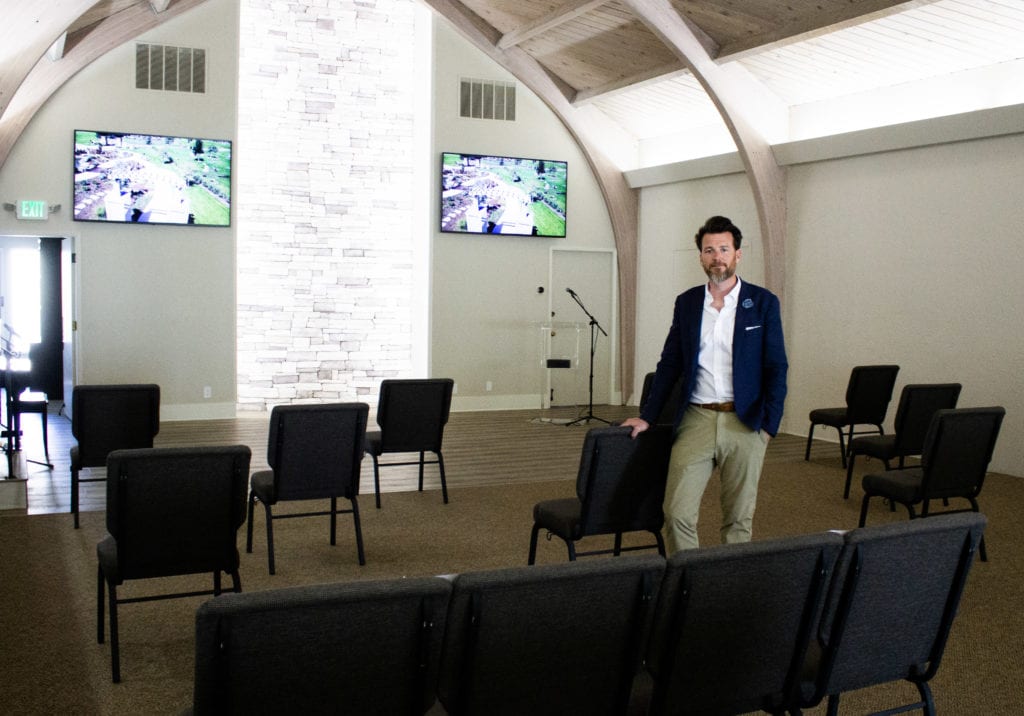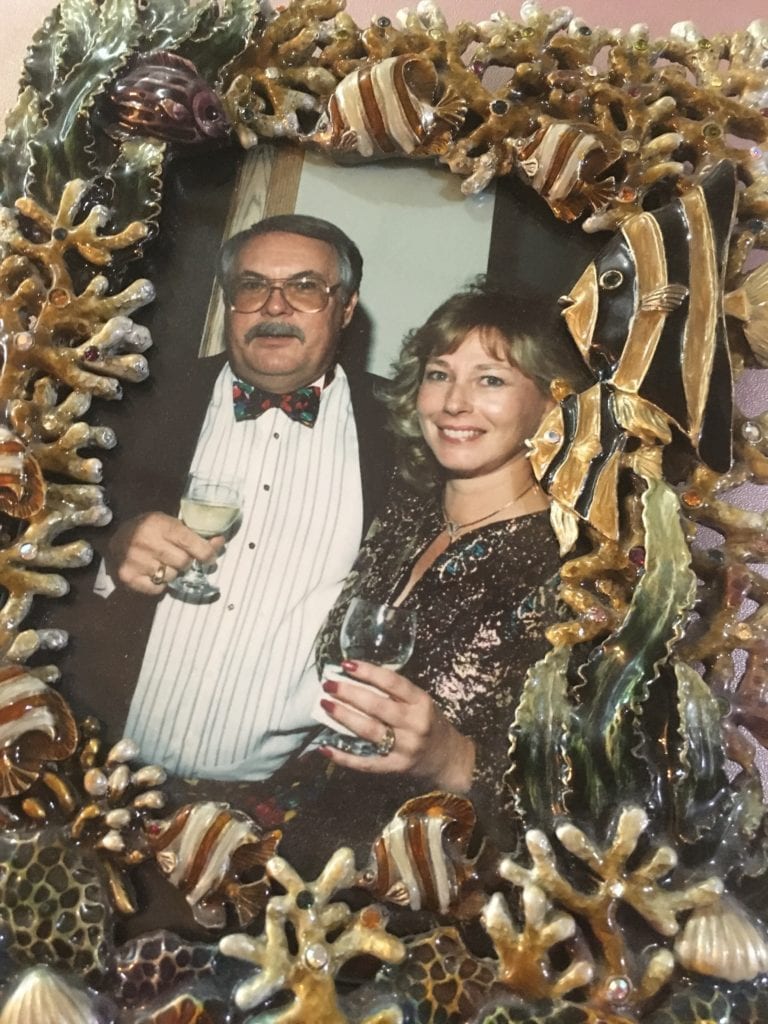Phu Tran’s death came as no surprise to his family. The 80-year-old Milpitas resident had dementia and was in poor health.
What the family couldn’t anticipate was that his death would come in the middle of a pandemic that would limit how they could be there for each other in this somber time.
Tran, a former military academy professor in Vietnam who immigrated to the United States in 1983, died on March 19. His death came two days after Bay Area leaders issued a shelter-in-place order to help slow the spread of the highly contagious COVID-19.
Under the county order, memorial services are limited to 10 people and those who don’t live together are required to remain 6 feet apart through the entire ceremony. That means no hugging or embracing during one of life’s most difficult moments.
“We have to adapt and change a lot of our traditions to be in compliance,” said Xuan Nguyen, Tran’s niece and a Campbell resident. “It’s quite sad.”
In Catholic Vietnamese tradition, it is customary to visit with the household of the deceased person regularly in the first 100 days after a death to comfort the spouse or family members most affected by the loss. In this case, that is Tran’s wife ThuyNga Nguyen and ThuyNga’s elderly mother, who lived with the couple.
“We would normally gather every weekend and pray and have a potluck party,” Nguyen said. “Make sure that the family is OK and not alone.”
Not wanting to risk potentially spreading the virus to ThuyNga and her mother, out-of-town visitors stayed elsewhere. ThuyNga’s son Thai Tran slept in an RV parked in his sister’s backyard. The family turned to technology to connect, taking turns video chatting with ThuyNga and her mother. Nguyen says it’s better than nothing, but it’s a poor substitute for human touch.
“We can’t even give them hugs when we want to,” Nguyen said. “We can’t bring food to her.”
The service was held March 23 at the Darling & Fischer Campbell Memorial Chapel in downtown Campbell. Though the family is close, most live in different households and sat 6 feet apart from one another. They all donned masks and gloves.
Fifteen guests took part in the service altogether, with family paying their respects in shifts in order to stay within the 10-person limit.

Remaining family members and friends watched the service through a livestream set up by the chapel. The chapel’s managers signed on with a livestreaming company — once a convenient option for family members who couldn’t make the services, but now serving as a key function.
“We didn’t have to implement new technology,” said Nicholas Welzenbach, managing partner at Darling & Fischer Campbell Memorial Chapel. “We just had to make it our norm.”
Tran was well-known in the Vietnamese community, particularly through his involvement with the Our Lady of Le Vang Parish in San Jose 20 years ago and, more recently, with the St. John the Baptist Catholic Church in Milpitas. Nguyen estimates that under normal circumstances, 300 guests would have attended his celebration of life.
Welzenbach said the Campbell chapel — which has been in business for 70 years — has seen gatherings of this magnitude before and he’s looking forward to a time when it will be safe to host larger services again.
“It’s sad to see this place without people in it,” he said.
Like health care workers, local funeral professionals are facing a shortage of protective equipment such as masks and gloves. Some are preparing for an increase in bodies by purchasing additional equipment to hold on to families’ loved ones until they’re ready to hold a burial.
“We bought four generators at an auction (and) we’re putting in two large coolers,” said Buck Kamphausen, who owns more than a dozen funeral homes and cemeteries throughout the state. “We expect an increase in the deaths.”
While South Bay funeral homes are absorbing the increase in COVID-19 related deaths and scaled-back funeral services, in other parts of the U.S. overwhelmed funeral homes have been forced to turn away grieving families. In New York, funeral home directors say they lack space and have a backlog for funeral and cremation services.
The state recorded 731 new coronavirus deaths on Tuesday, the biggest one-day jump in the outbreak. The New York Times reported that New York City’s chief medical examiner had purchased refrigeration units and 45 mobile morgues to handle another 3,500 bodies.
Scaling back on large funerals and making use of technology is one option for families facing end-of-life planning in the midst of a pandemic. Another option is to put off the ceremony until it can be held at a safer time.
Los Gatos resident Ann Weber chose that option after her husband, Chuck Weber, died April 1 from complications related to bladder cancer.

Ann used to work as the librarian for Bellarmine College Preparatory for many years in San Jose, where the couple’s son was a student. Although the couple hadn’t gotten around to making formal funeral arrangements before Chuck died, Ann proposed the campus chapel as a potential site for a memorial service and her husband agreed that it would be a nice location.
Due to the delay spurred by coronavirus, Ann knows that it might be a while before she can hold the services for her late husband. However, she doesn’t necessarily see this as a bad thing.
“I think it will be more joyful once the time has passed,” Weber said. “We’ll be more focused on remembering his life than feeling bad and missing him.”
Contact Carina Woudenberg at [email protected] or follow @carinaew on Twitter.



Leave a Reply
You must be logged in to post a comment.